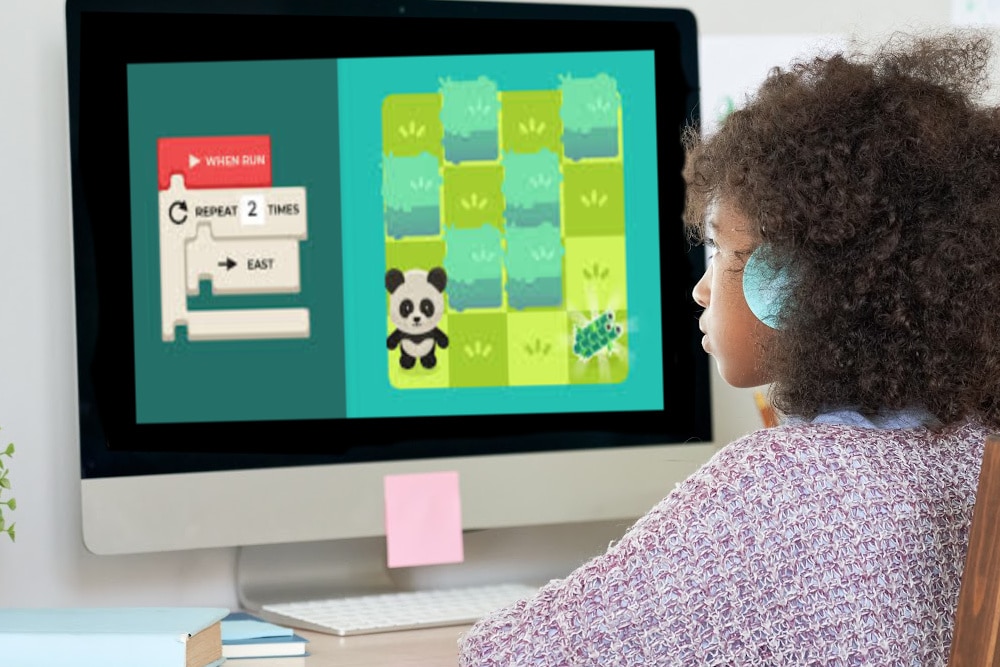In today’s digital age, understanding the basics of coding is becoming as essential as reading and writing. For many women over 40, especially those with children or grandchildren, the idea of learning to code might seem daunting. However, there are fun and engaging ways to introduce coding for kids to the younger generation, and it can be a rewarding experience for everyone involved. One of the most effective methods is through interactive online games that make learning to code feel like an adventure.
Why Coding Games?
Coding games are an excellent way to introduce children to the fundamentals of programming. These games are designed to be engaging, educational, and easy to understand. They transform complex coding concepts into simple tasks that children can accomplish while having fun. By playing these games, kids can develop critical thinking, problem-solving skills, and creativity.
The Importance of Learning Coding
Learning to code is not just about understanding how to write programs. It equips children with a new way of thinking and approaching problems. Coding fosters logical reasoning, enhances problem-solving skills, and encourages persistence. In a world where technology is rapidly advancing, coding is becoming a vital skill that can open up numerous opportunities in various fields. Moreover, understanding the basics of coding helps children become better digital citizens, capable of navigating and creating in the digital world.
Coding for Kids: Three Must-Try Coding Games
I recently explored the coding games section on MortgageCalculator.org and found three fantastic games that are perfect for introducing kids to coding. These games not only make learning fun but also provide a solid foundation in programming concepts. Even though I am an experienced coder I found the games to be entertaining and fun to play.
1. Code Panda
Code Panda is a delightful game that teaches basic coding principles through a series of engaging puzzles. Players help a cute panda navigate through different challenges by writing simple code. Each level introduces new concepts, gradually building up the player’s coding skills.
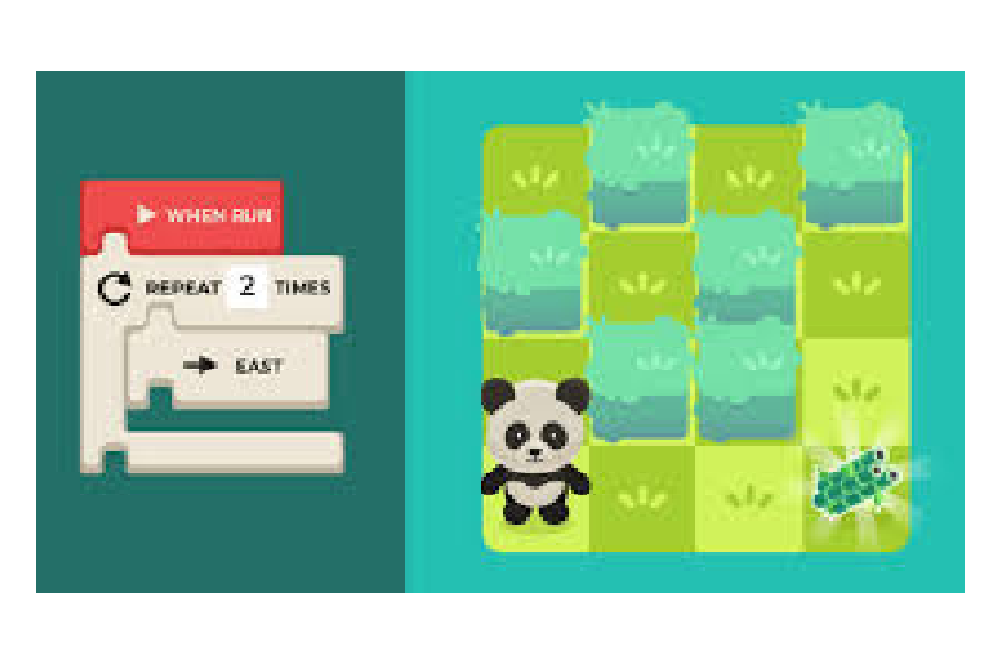
What makes Code Panda particularly appealing is its intuitive interface and charming graphics, which make it accessible for younger children. The game encourages logical thinking and sequential problem-solving, which are essential skills in coding for kids. Plus, the satisfaction of guiding the panda to its goal keeps kids motivated to learn more.
2. Ben 10 Omnicode
For fans of the popular Ben 10 series, Ben 10 Omnicode is an exciting way to dive into the world of coding. This game combines the familiar characters and storyline of Ben 10 with coding challenges that require players to solve puzzles and complete missions.
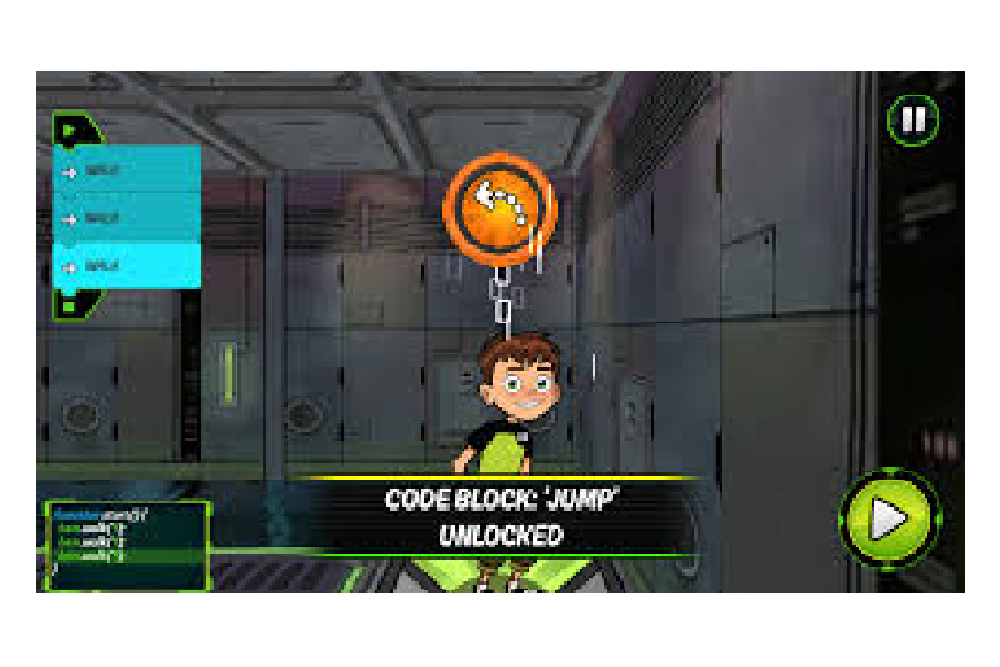
In Ben 10 Omnicode, players use block-based coding to help Ben 10 transform into different aliens and save the day. The game’s structure is perfect for beginners, as it introduces coding concepts in a step-by-step manner. Children can see immediate results from their code, which helps reinforce learning and keeps them engaged. This game is a great example of coding for kids being both fun and educational.
3. Rubi’s Coding Class
Rubi’s Coding Class is an educational game that feels more like a fun classroom than a traditional game. Players join Rubi in her coding class and work through various exercises that teach fundamental coding skills.
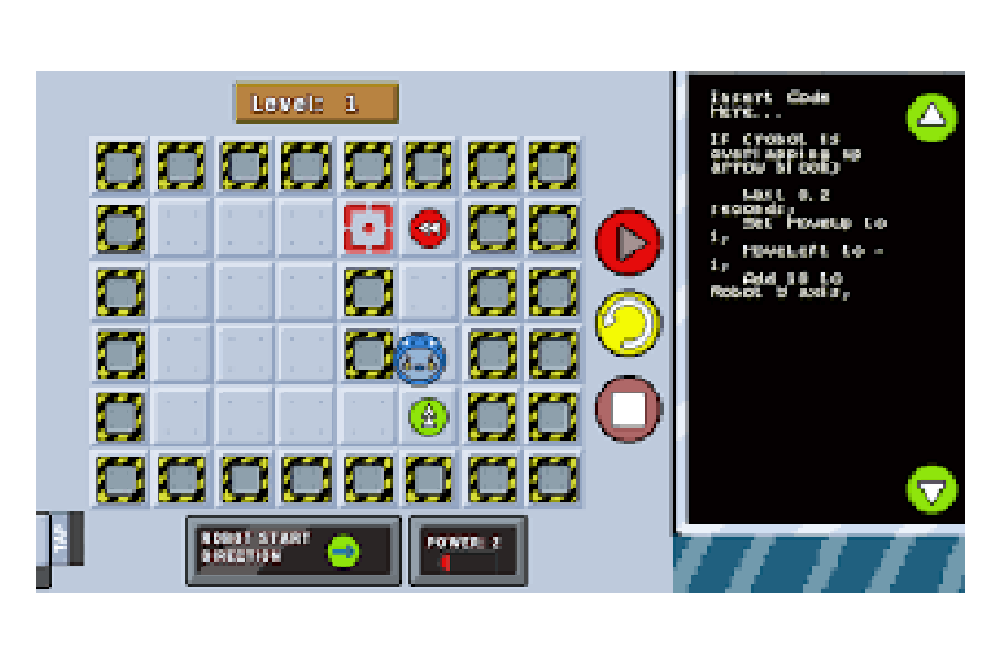
This game is excellent for slightly older children or those who have some basic understanding of coding. Rubi’s Coding Class covers a range of topics, from simple commands to more complex sequences. The game also provides explanations and feedback, making it a great learning tool. Rubi’s Coding Class is a prime example of how coding for kids can be structured and beneficial.
Not Just for Kids: Benefits for Adults
Not only are these games enjoyable and educational for children, but adults can also learn a lot and have fun too. Engaging with these games helps adults understand the basics of coding alongside their children or grandchildren. It provides a unique opportunity to bond and spend quality time together, bridging the generation gap through a shared interest. The collaborative problem-solving and creativity required in coding can strengthen relationships and create lasting memories. Additionally, learning coding basics enhances your digital literacy, making it easier to navigate technology in your daily life. Whether it’s understanding how apps work, managing your smart home devices, or even improving your job skills, coding knowledge is increasingly valuable.
Beyond the practical benefits, building new skills such as coding has significant cognitive advantages. For adults, especially those over 40, learning to code can keep the brain active and engaged. Studies have shown that continually challenging the brain with new skills can improve mental agility and delay cognitive decline. Coding involves logical reasoning, problem-solving, and sequential thinking, all of which are excellent exercises for the brain. By tackling the challenges presented in these coding games, you can keep your mind sharp and flexible, which is crucial for long-term brain health.
Moreover, engaging in coding games can have preventative health benefits. Cognitive stimulation through learning and mental exercises has been linked to a lower risk of brain-related issues such as dementia and Alzheimer’s disease. By introducing yourself to coding through these enjoyable and interactive games, you are not only expanding your skill set but also taking proactive steps towards maintaining your cognitive health as you age. Embracing coding as a new hobby can thus be a fun and fulfilling way to invest in your future well-being.
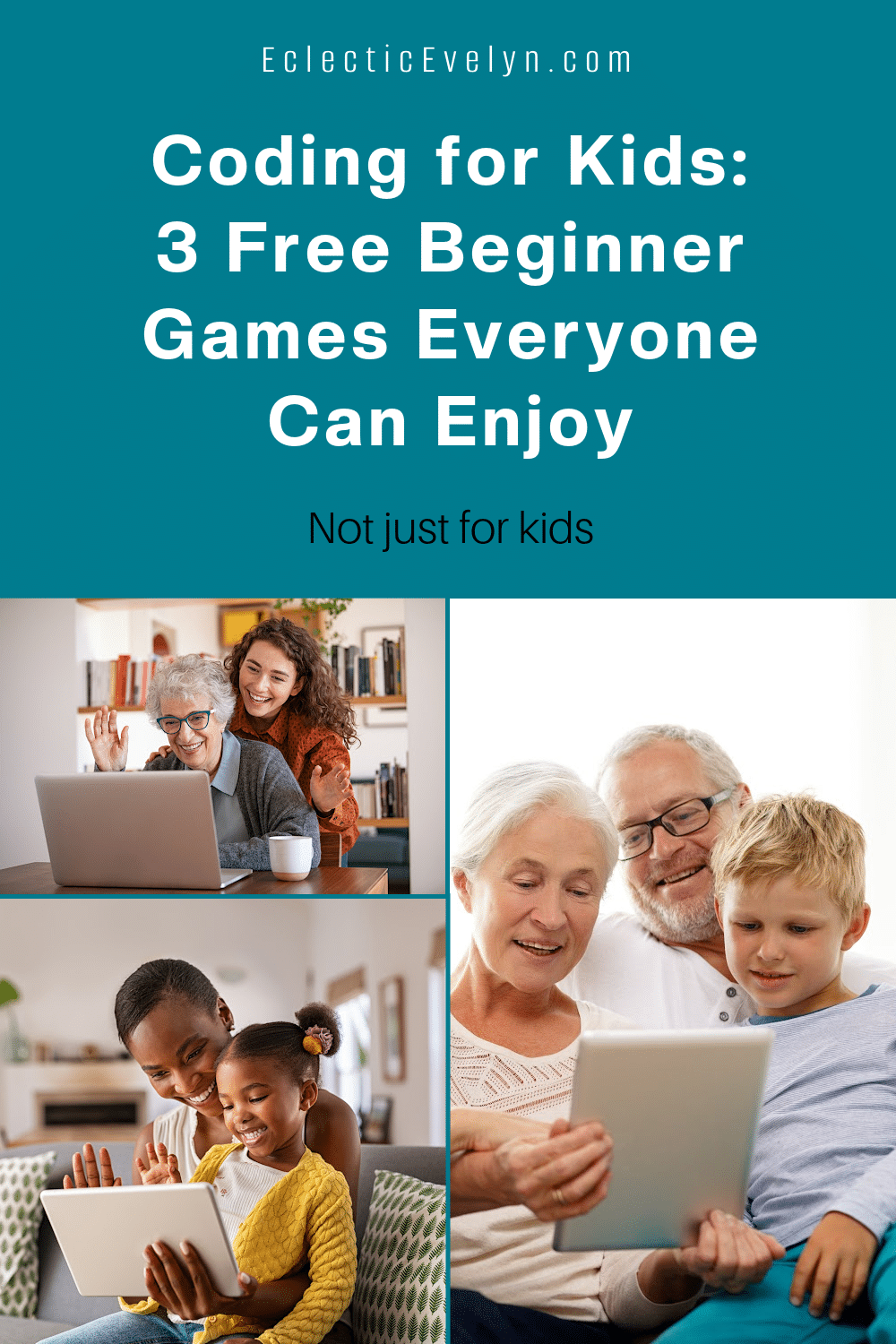
By incorporating these games into your routine, you’ll not only help your kids or grandkids learn coding but also spend quality time together. Learning to code can be a fun and engaging adventure for children and adults both. These coding games available online are perfect for introducing kids to the world of programming in an enjoyable and interactive way.
These games make coding for kids both fun and educational, fostering a love for learning that can last a lifetime. Additionally, adults can also find joy and cognitive benefits in these games. Learning to code can keep your brain active, enhance your digital literacy, and provide a rewarding challenge at any age. Even without kids, you might find yourself learning new skills and thoroughly enjoying the process. Happy coding!

